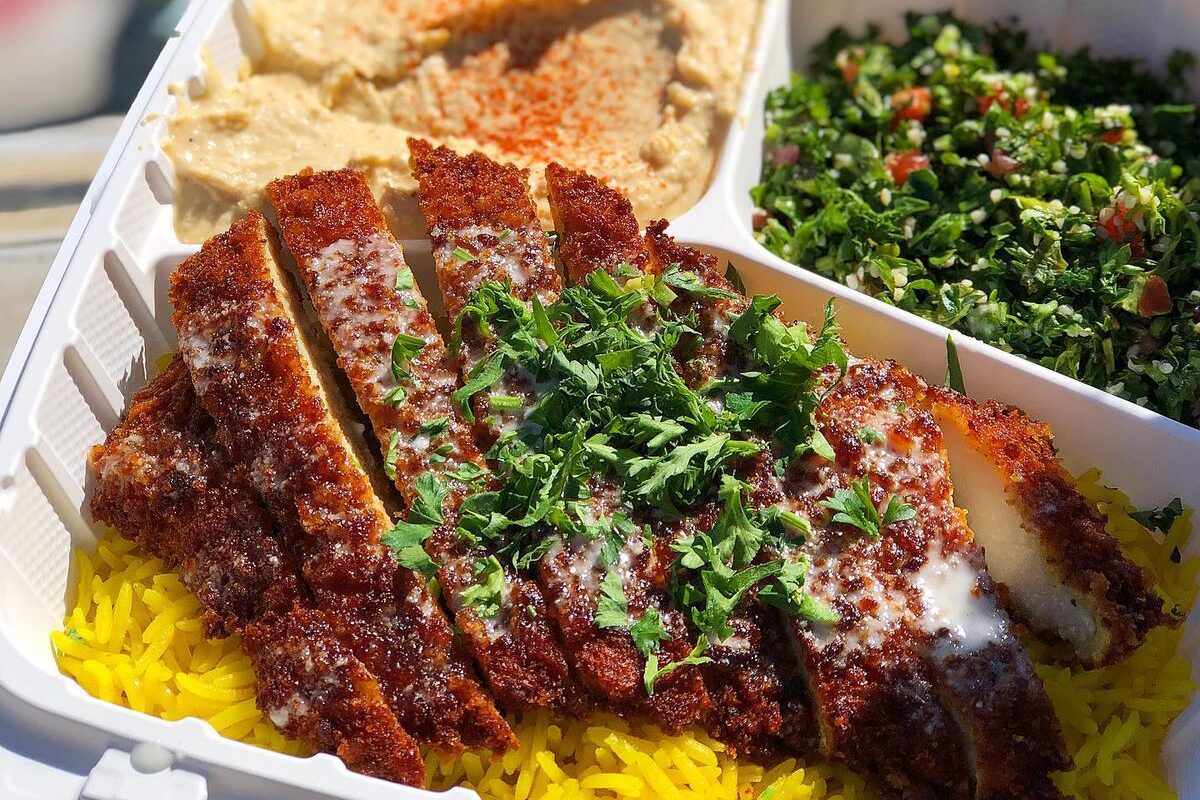What is Halal Food?
A halal food is one that meets Islamic Sharia (laws) guidelines and is permitted for consumption according to the Islamic faith. The term “halal” in Arabic means permissible or lawful. The concept of halal food pertains to dietary restrictions and guidelines mentioned in the Quran, the Muslim holy book, and teachings of Prophet Muhammad about foods that are lawful and unlawful for Muslims to consume.
Significance of Halal in Islam
Observing halal dietary laws is an important religious practice for Muslims around the world. Following halal guidelines helps Muslims maintain purity both internally and externally. Consuming only Halal Food is believed to bring one closer to God. The Quran prohibits Muslims from consuming certain types of foods like pork, carnivorous animals, and alcohol. Drinking blood and eating foods dedicated to anyone other than Allah are also considered haram or unlawful.
Criteria for Food to be Halal
For a food to be halal, it must meet the following main criteria:
– The food source (animal) must be herbivorous and cannot be a carnivorous or omnivorous animal. Pork and foods containing pork ingredients are strictly prohibited.
– The food source (animal) must be slaughtered according to Islamic method of zabiha. The animal must be alive and healthy at the time of slaughter. The slaughter involves a swift deep incision with a very sharp knife on the neck that cuts the jugular veins and windpipes in one swipe.
– During halal slaughter, the name of Allah must be invoked by saying “Bismillah Allahu Akbar.” Exsanguination (draining of blood) of the carcass must be complete before the meat is certified halal.
– The food item must not contain any ingredients, additives, or components that are not originally halal. Gelatin, alcohol, and animal fats derived from non-halal sources will render the food haram.
– The food processing, manufacturing, storage, and delivery should be free from any non-halal contamination. Strict hygiene practices help maintain halal integrity.
Halal Certification and Logos
Many food products undergo halal certification by authorized bodies to ensure compliance with Islamic dietary guidelines. Certification involves inspection of supply chains, ingredients, production processes, storage, and transportation methods. Popular global halal certification bodies include IFANCA (Islamic Food and Nutrition Council of America), JAKIM (Malaysia), and MUIS (Islamic Religious Council of Singapore) etc. Certified halal foods carry respected halal logos on packaging for identification and peace of mind of Muslim consumers worldwide.
Rise of the Global Halal Food Industry
The global Muslim population currently exceeds 1.8 billion with projected growth. Emerging middle class, rising incomes, busy lifestyles and growing sensitization to religious dietary edicts have fueled the demand for certified halal foods worldwide. The Halal Food industry has developed into a multi-billion dollar global business sector spanning food manufacturing, logistics, and certification domains. Top halal food exporting nations include Brazil, India, Australia, New Zealand and countries in the Middle East and South East Asia. Strict compliance, innovation and branding help companies tap into the ever expanding global halal foods market.
Common Types of Halal Foods
Some common examples of halal foods are:
– Meat & Poultry: Goat, lamb, beef, chicken, and rabbit meat provided they are slaughtered according to Islamic method.
– Seafood: All sea creatures with fins and scales including shrimp, salmon, tuna, cod are halal. Shellfish like prawns, crabs are also permitted.
– Dairy: Milk, cheese, yogurt, butter etc. from halal-slaughtered animals. Animal-derived gelatin from non-halal sources is prohibited.
– Fruits & Vegetables: All fresh and dry fruits, herbs and vegetables are halal by default provided no alcoholic substances were used in growing them.
– Processed food: Bread, cereals, condiments & desserts are halal if produced without any non-halal ingredients like pork, alcohol. Strict manufacturing practices must be followed.
– Beverages: Water is halal. Carbonated drinks and fruit juices with no alcohol are fine. Tea and coffee are permitted in moderation.
With over 1.8 billion adherents worldwide, the concept of halal foods remains an integral part of the Islamic faith and Muslim lifestyle. Strict adherence to halal dietary guidelines helps one stay within the bounds of religious permissibility. The global halal food industry continues to experience steady growth given growing awareness and stricter certification standards.
*Note:
1. Source: Coherent Market Insights, Public sources, Desk research
2. We have leveraged AI tools to mine information and compile it




